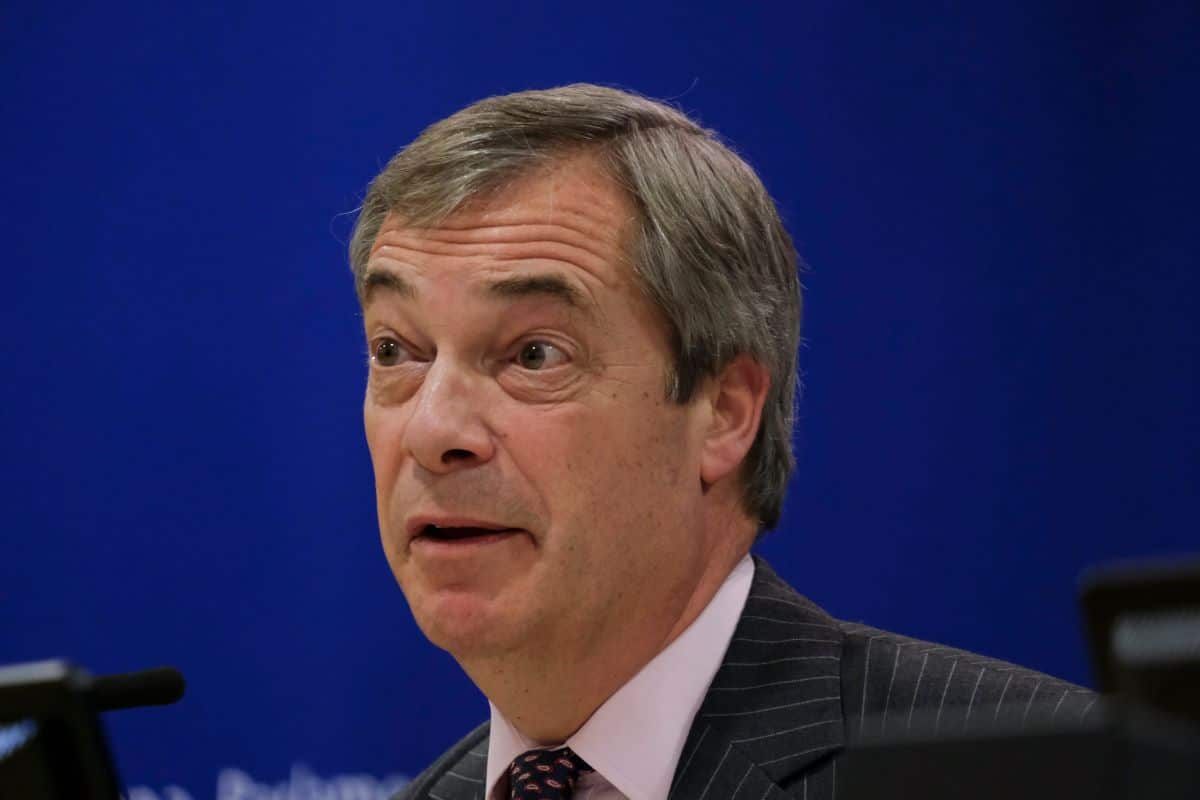Prime Minister Keir Starmer’s approval ratings are slipping as Reform UK gains momentum in the polls following the recent far-right riots that shook the nation. Here’s the full story.
Starmer’s Approval Takes a Hit
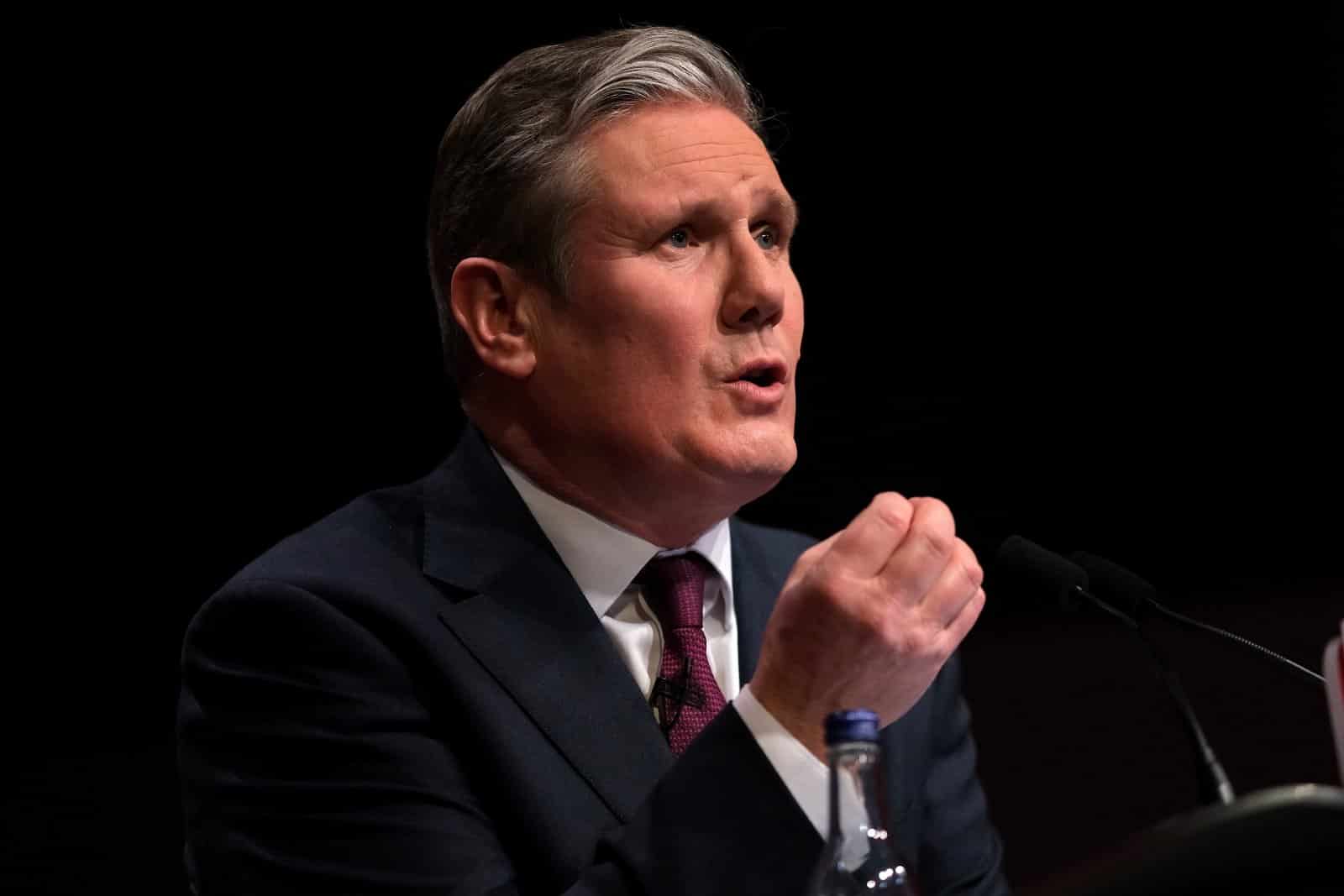
Prime Minister Keir Starmer’s approval ratings have plummeted just six weeks after his landslide victory in the recent general election.
Decline From +19 to -7%

Initially buoyed by a wave of public support, Starmer’s approval ratings have seen a precipitous decline. Shortly after the election, they dropped from +19 to -7%, according to a recent Opinium poll.
Honeymoon Period Over?
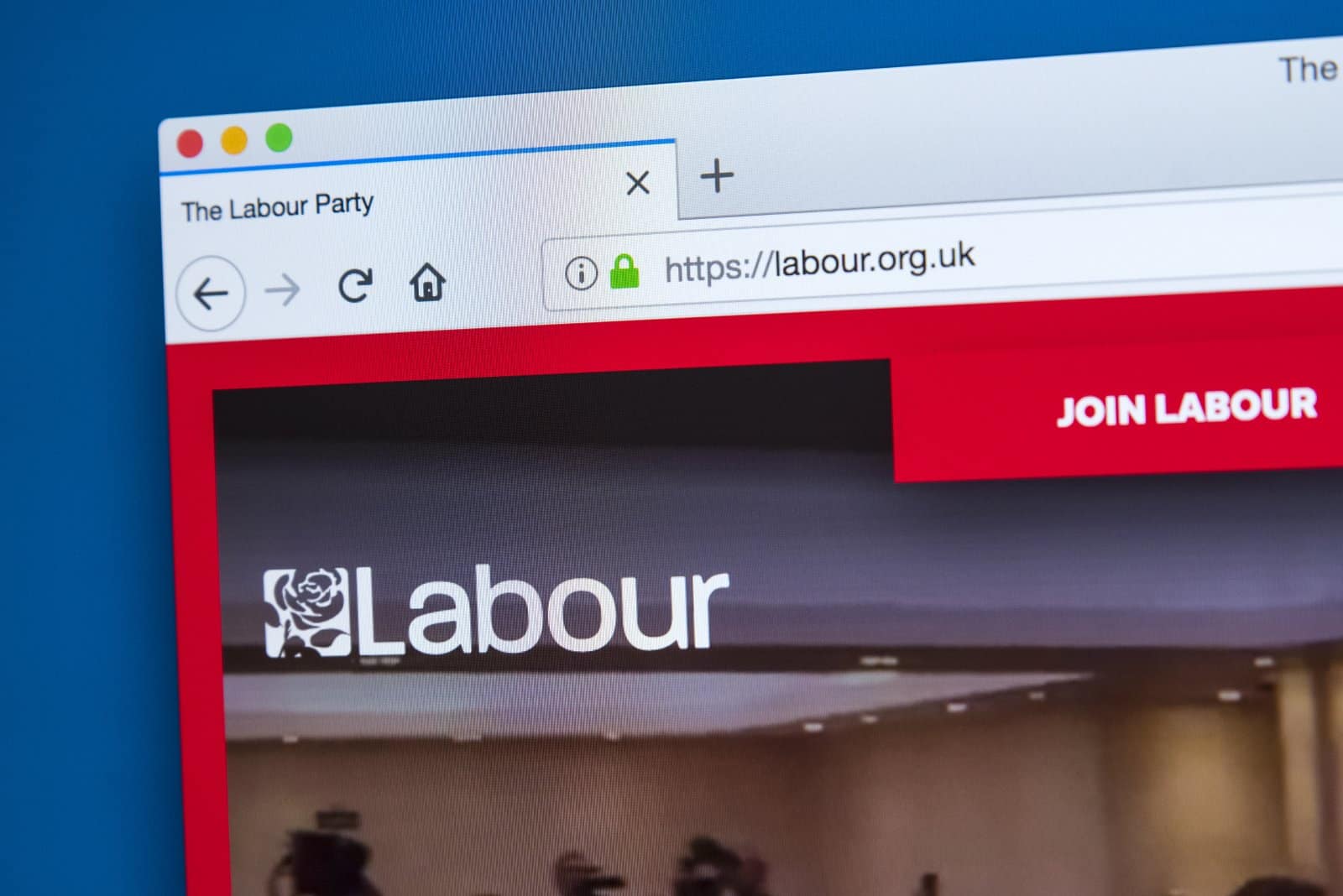
With such a dramatic 26-point drop, many political analysts wonder if this means the honeymoon period enjoyed by the recently elected Labour government could be over. Serious questions are being asked about his ability to maintain the electorate’s confidence.
Starmer Outshines Sunak
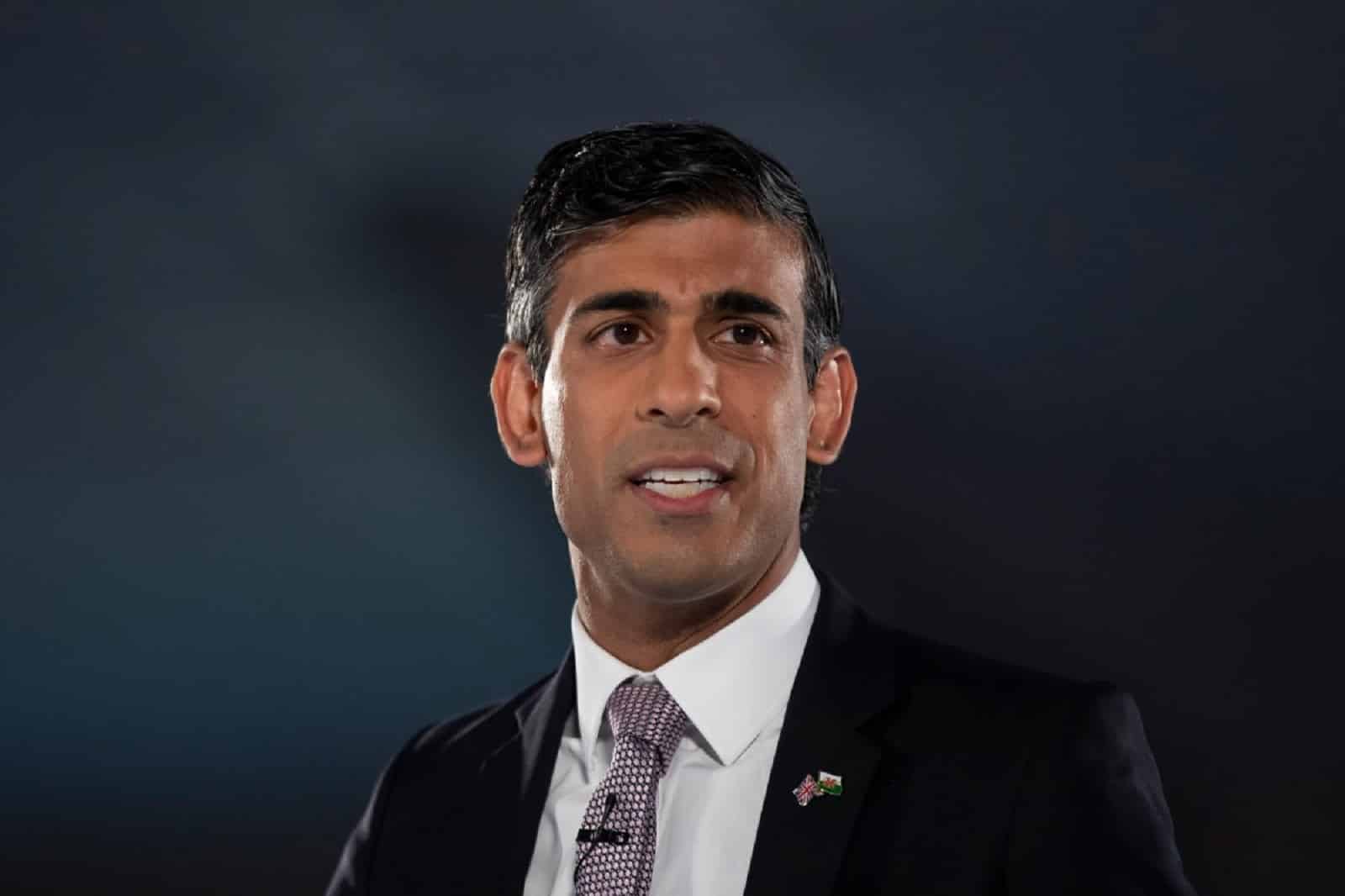
However, Starmer remains comfortably above former Prime Minister and now interim Conservative leader Rishi Sunak’s approval ratings, which have remained at -30 since the election.
Blame for Riots Response

Conservative-supporting newspapers have closely linked Starmer’s decline in approval ratings to his government’s handling of the recent far-right riots that swept the country. The Prime Minister faces sustained criticism for a perceived slow response to the unrest.
Public Approves Riot Response

However, despite criticism over the government’s response, 43% of the public approved of Starmer’s reaction, which has seen hundreds of rioters arrested and convicted over their role in the riots. In contrast, only 30% of respondents disapproved of Starmer’s response.
Labour Insiders Concerned
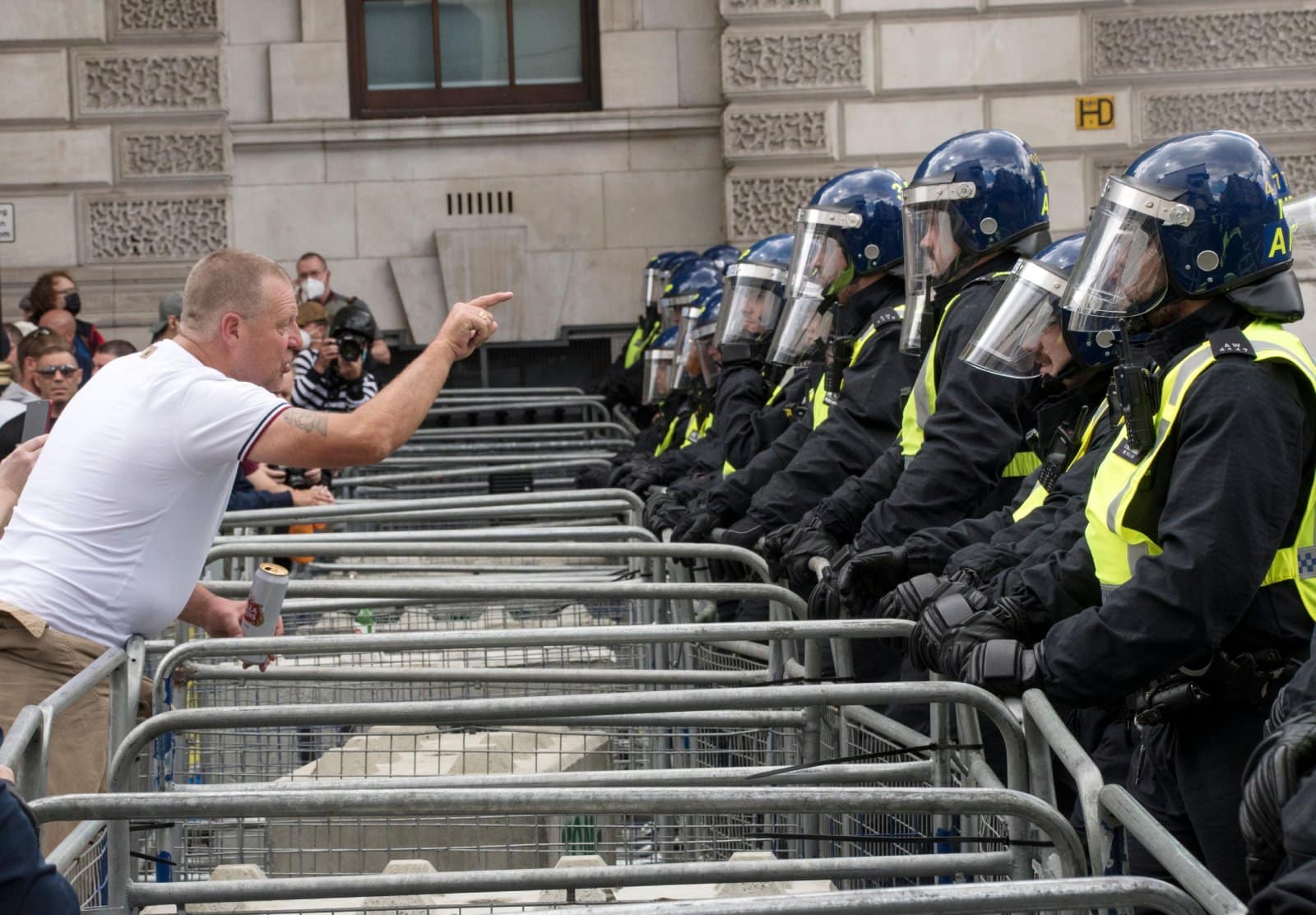
Despite Starmer’s response to the riots being well received by the public, his declining approval ratings will undoubtedly cause concern for Labour insiders.
Reform UK Closes Gap
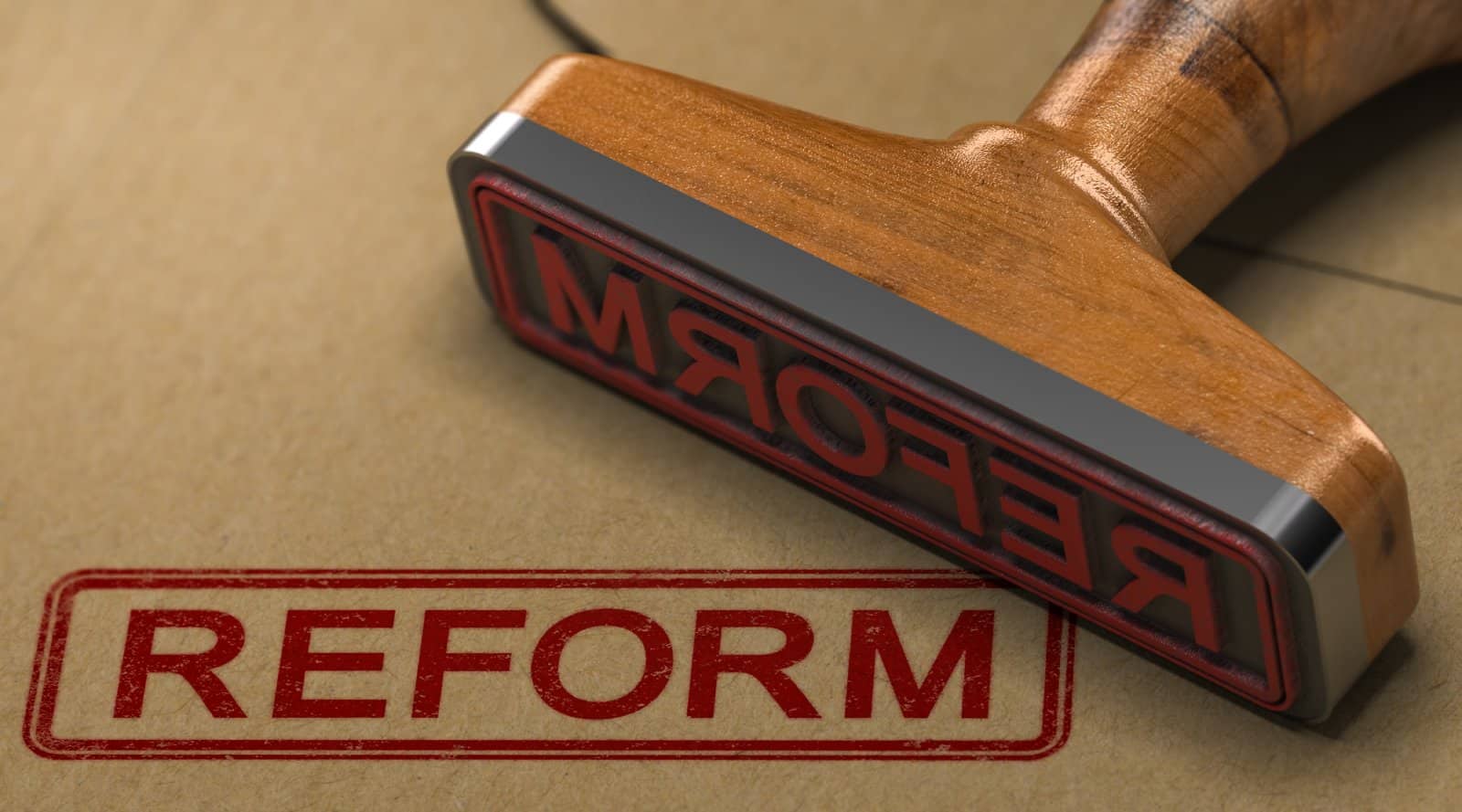
Compounding Labour’s problems, a separate poll by We Think Polling shows Reform UK closing the gap on the government. However, the results were considerably worse for the Conservatives, as they showed Reform UK fully overtaking them for the first time since the election.
‘Buyers Remorse’ Among Voters
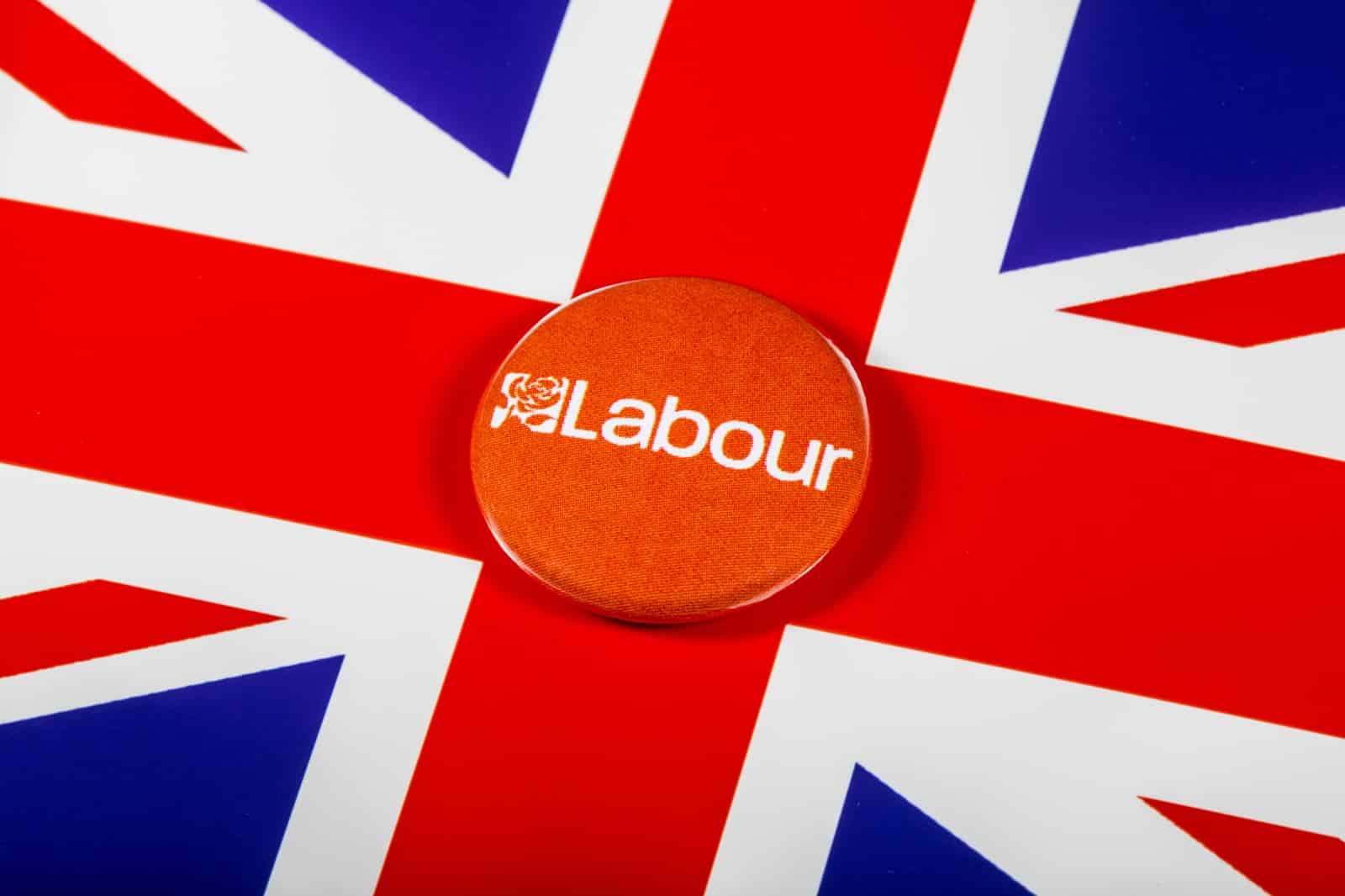
The polls showed that Reform UK had reached 21%, just 12 points behind Labour. The insurgent anti-immigrant party’s MP Lee Anderson described this as a sign of “buyers remorse” among Conservative voters who may have switched to Labour.
Farage Faces Criticism
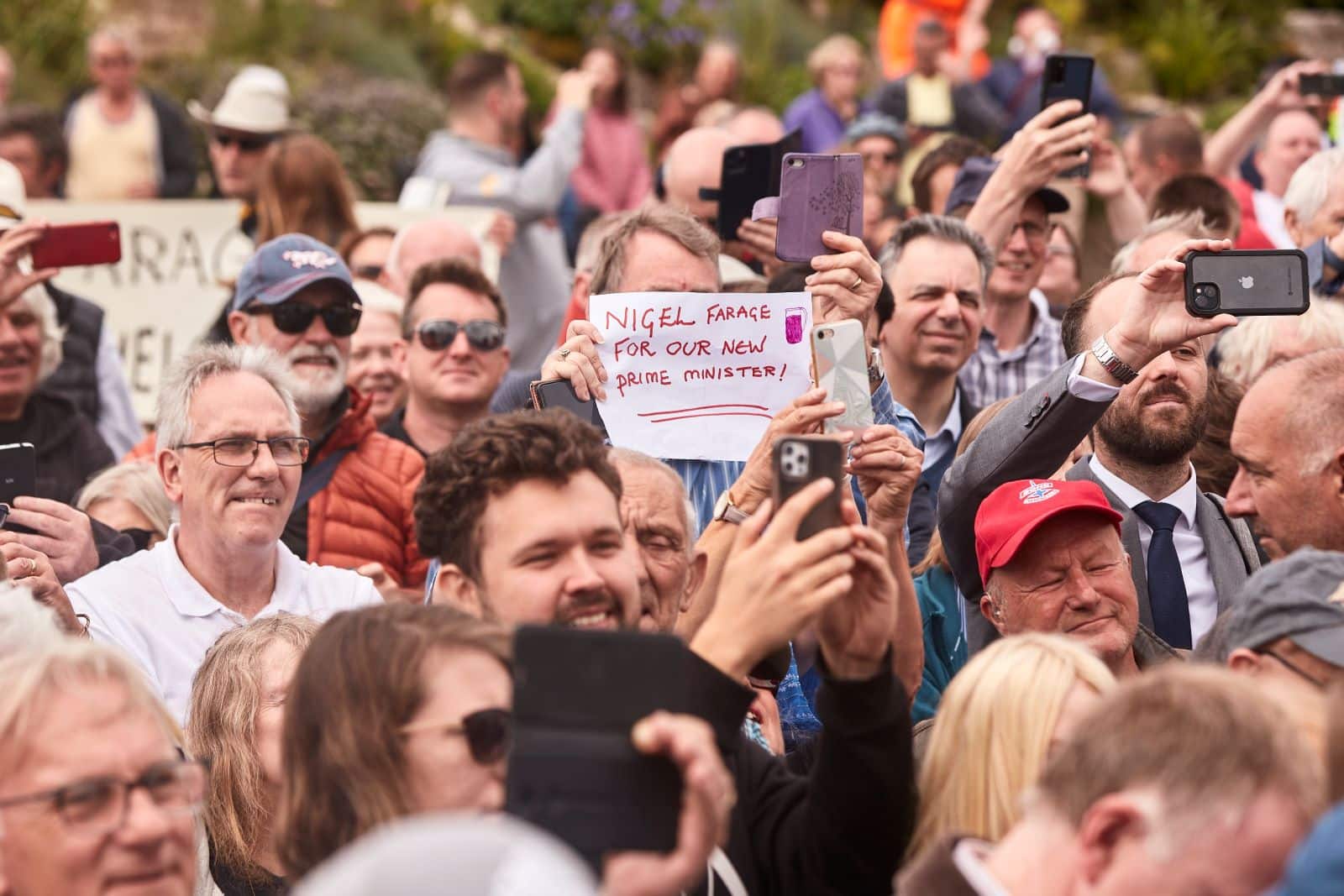
Despite his party’s rising fortunes, Nigel Farage has not escaped criticism, particularly regarding his comments on the recent riots.
Farage’s Misinformation Backlash

The controversy surrounding Farage began when, in the days following the tragic murders, as the riots were still spreading across England and Northern Ireland, the Reform UK leader waded into the discussion of the riots with comments that, in typical Farage-fashion, led to an immediate backlash.
‘The Truth Is Withheld’

Farage posted a video of himself flanked by Union Jacks on X, formerly Twitter, where he amplified online misinformation, asking, “Was this guy being monitored by the security services? Some reports say he was, others less sure … I just wonder whether the truth is being withheld from us.”
Viral Video Fuels Mistrust

Farage’s comments quickly went viral, leading many rioters to incorrectly believe that the attacker was a Muslim asylum seeker and sparked an immediate backlash, with many accusing him of irresponsibly inciting panic and distrust during a time of national crisis.
Farage Admits Mistake
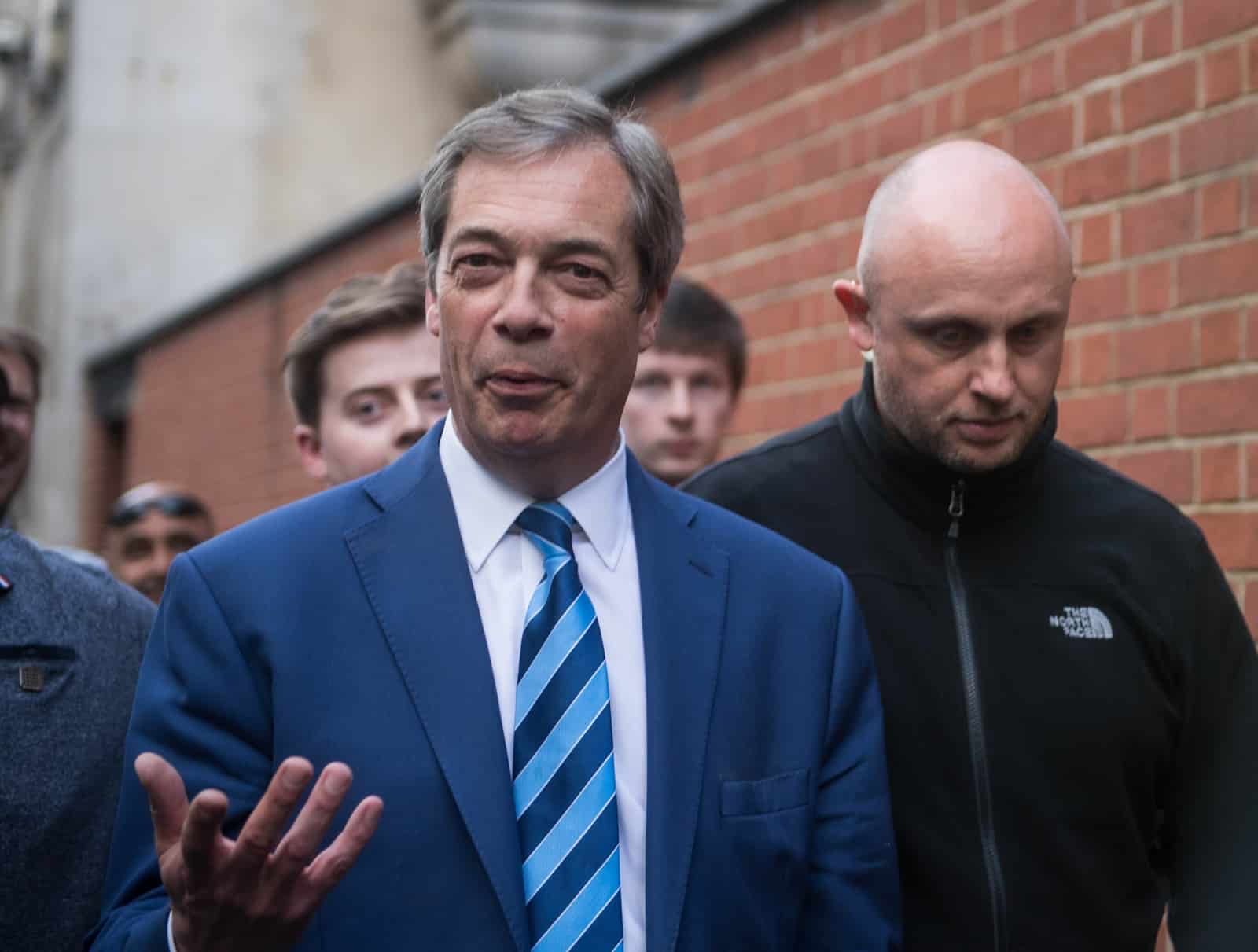
In the days following the riots, Farage came clean and admitted that he had unintentionally spread misinformation that figures like fellow far-right influencers and confessed misogynist Andrew Tate had spread.
Damage Already Done

However, with the damage already done and the misinformation Farage had repeatedly quickly disseminated over social media to his millions of followers, his attempts to distance himself from the growing chaos were met with scepticism, if not outright enmity.
Farage Blamed for Violence
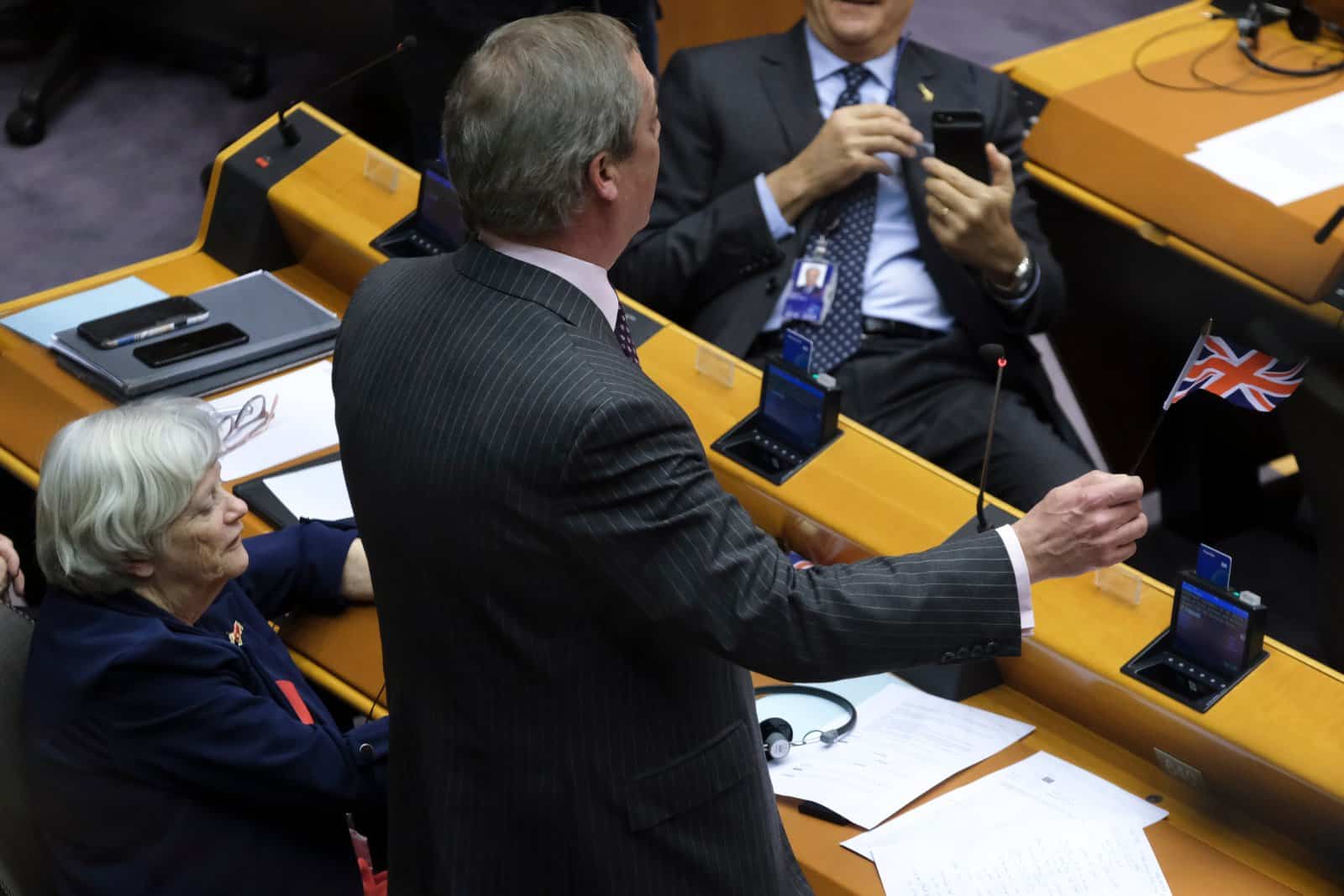
Compounding Farage’s problems, a recent poll by Savanta showed that 51% of the British public believed Farage played a crucial role in inciting the violence which spread across England and Northern Ireland.
Starmer Praised, Farage Blamed

Regarding the findings, Chris Hopkins, research director for Savanta, stated, “Contrary to online talking points, the country is broadly more likely to say Keir Starmer did well in managing the situation than not. Our research probably makes grimmer reading for Nigel Farage, who is only behind former EDL leader Tommy Robinson in being seen as ‘responsible’ for the violent protests.”
Public Wants Swift Justice

He added, “The public think that swift justice for violent protestors is the best way to stop them happening again – a course of action being followed by the government. The next thing they think needs to happen is public concerns about immigration being addressed.”
Polarised Political Climate

A slew of recent polling has shed light on the still highly polarised nature of the debate in the UK following years of Conservative rule, with the recent election of Labour doing little to cool the recently boiled-over tensions.
Cognitive Dissonance Reigns
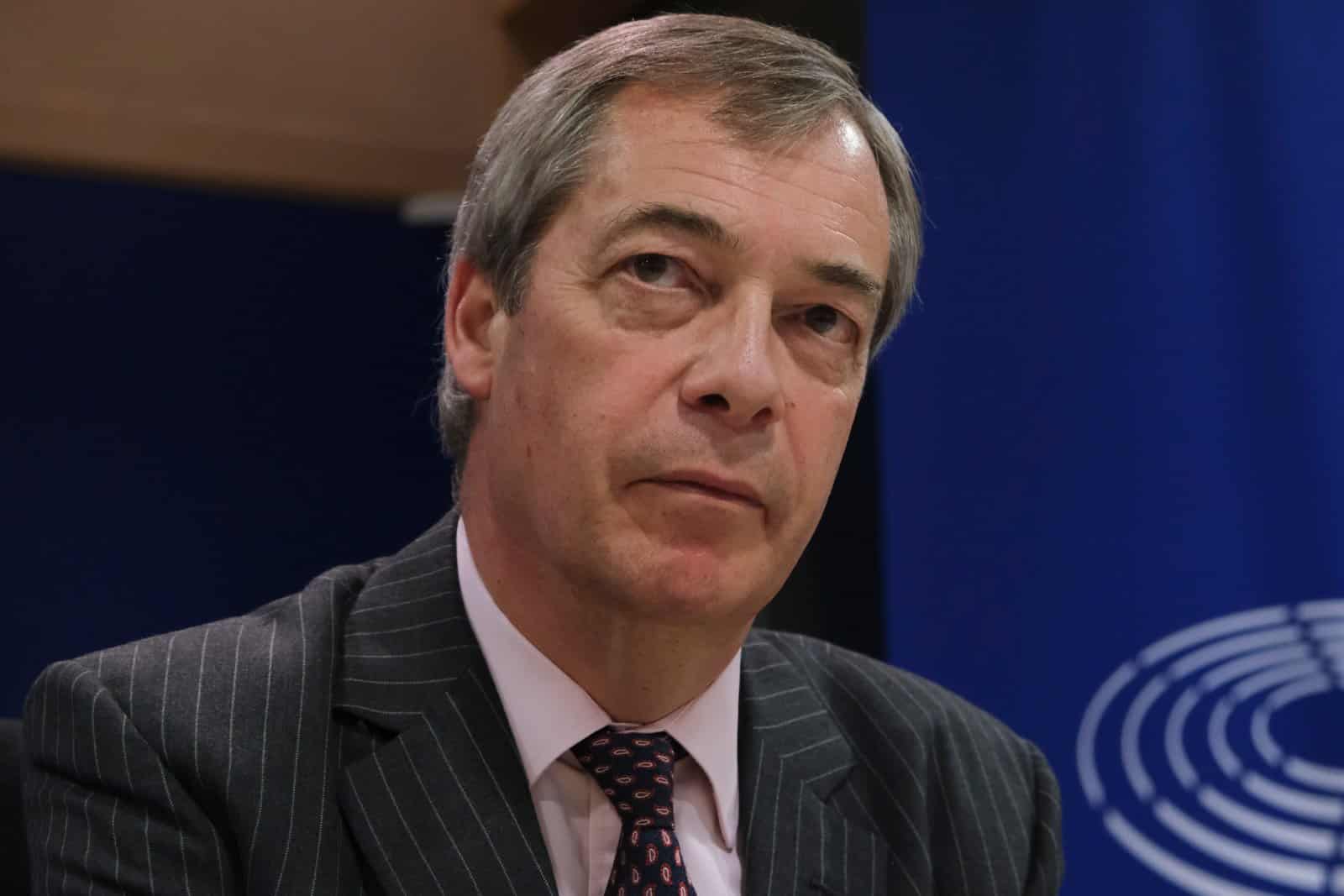
The condemnation of Farage appears at odds with Reform UK’s rise in the polls, similar to Starmer’s unpopularity despite strong public support for his response to the riots.
Uncertain Future for Parties
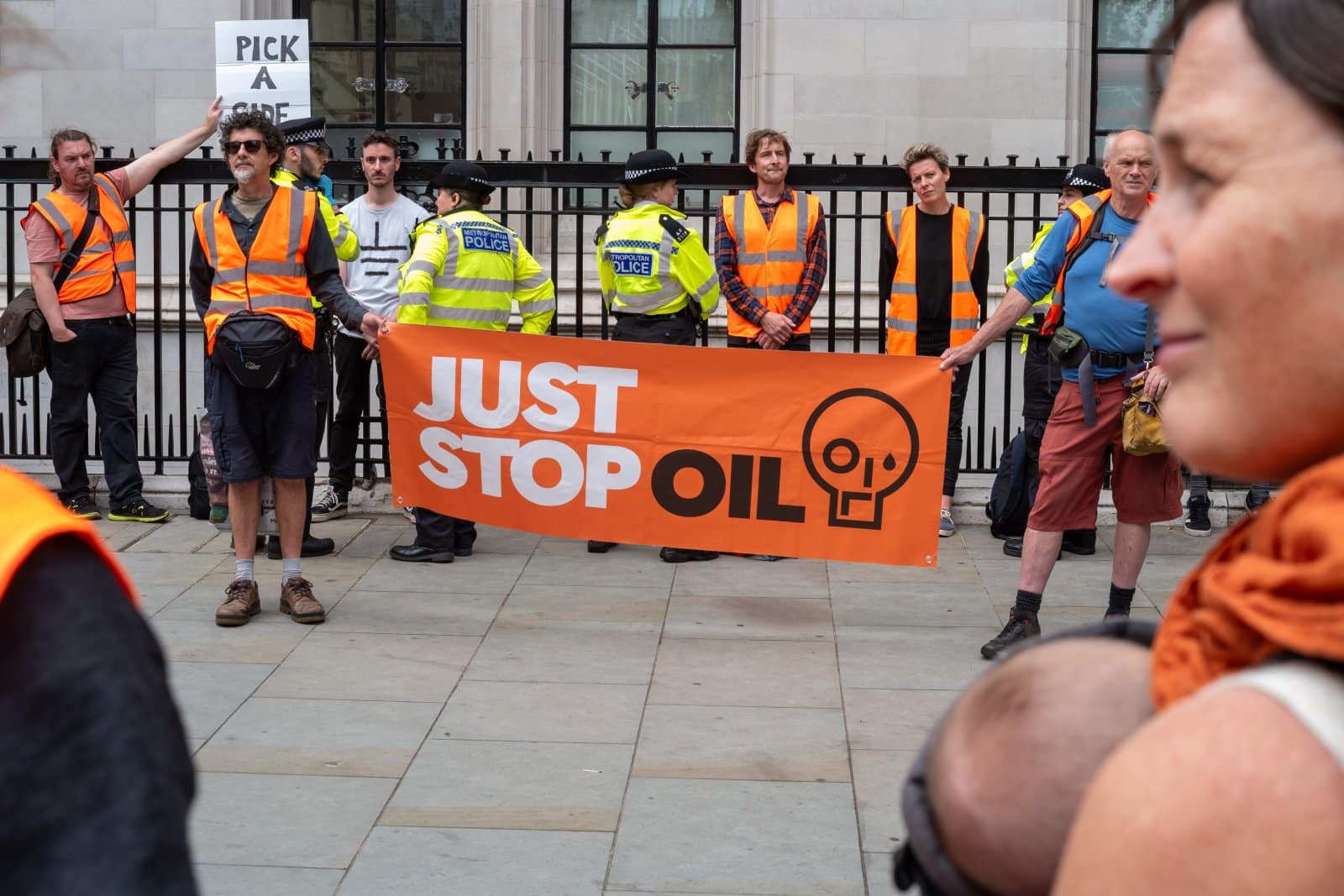
However, in the highly partisan political climate that Britain has become, a certain level of cognitive dissonance is likely to be simply par for the course, though what this might mean for the future of Labour and Reform UK remains to be seen.
Featured Image Credit: Shutterstock / Alexandros Michailidis.
The images used are for illustrative purposes only and may not represent the actual people or places mentioned in the article.

